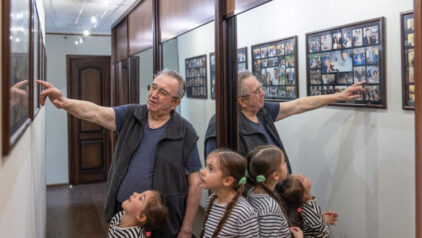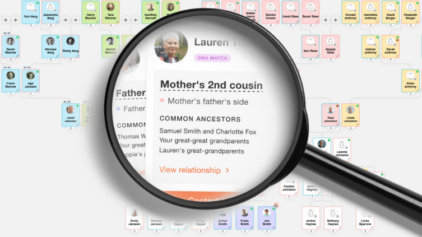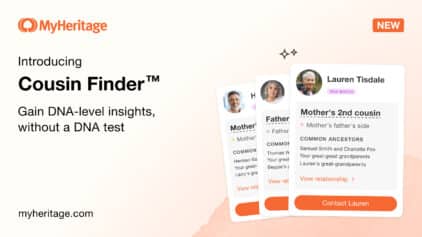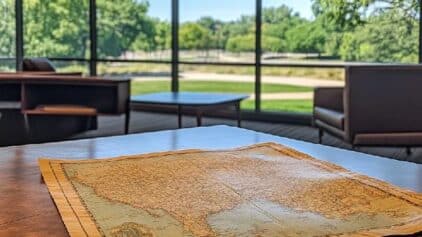Why Should You Join a Genealogy Society or Research Group?
- By Gavin Crawley ·


Have you ever tried to look into your family tree? If so, you may already know that it can be one of the most rewarding journeys you can experience. You’re probably also aware that it’s not always plain sailing, as you can find yourself struggling to locate records, verify sources or make sense of conflicting information.
It’s when trying to overcome obstacles like these that many choose to join genealogy societies and research groups. The question is, what exactly is it that they offer? So, come with us now as we shine a light on the information, expertise and support they can provide you.
Access to Valuable Research Materials
You’ll often discover when exploring your family’s genealogy that a lot of records aren’t easily accessible to the general public. Some will be behind paywalls or stored in archives that require special permission to enter.
However, genealogy societies are often able to provide their members with exclusive access to these kinds of resources. Inside, the historical records and specialized databases you get access to can make all the difference in your research.
Guidance from Experienced Researchers
When you’re faced with tricky tasks like deciphering handwriting and interpreting old records, your progress can grind to a halt, especially if you’re having to deal with inconsistent or missing data.
The great news is that research groups often host Q&A sessions, webinars and workshops, during which you get to talk with experienced genealogists. Alongside using MyHeritage’s research tools, you can get past roadblocks you may not otherwise have been able to.
Connecting with Like-Minded Enthusiasts
Genealogy research is often something you undertake on your own, but joining a research group can surround you with a network of people who understand and share your passion. You get to exchange knowledge, as well as collaborate on other people’s challenging cases.
This community can make all the difference, offering fresh perspectives and support when you hit a dead end. Of course, you’re not always going to get the breakthrough you’re looking for, as sometimes the answer lies in your DNA, and MyHeritage DNA can help you discover relatives you never knew existed.
Safeguarding Your Family’s Stories
Your family story is as unique as you are, and naturally, you’ll want to preserve it for posterity. Genealogy societies can ensure your family’s stories and traditions are kept safe for future generations by digitizing the records.
Being a member of this kind of society can help ensure that your family information isn’t lost over time. To keep track of your family’s legacy, you might also want to consider building your family tree on the MyHeritage website.
Help with International Research
If your search leads you to trace your ancestors across international borders, it can be particularly difficult because of factors like language barriers, record availability, and unfamiliar naming conventions.
However, many genealogy societies specialize in particular regions or ethnic groups, giving you insight that general resources may not provide. If you’re having issues of this kind, you can also check out MyHeritage’s global record collections.
Genealogy Groups – Far More Than Just a Resource
As we’ve seen, genealogy societies and research groups represent much more than just a resource. At the end of the day, it’s really about finding people who love family history as much as you do. And honestly, the best part? The people you meet might just make the journey even more rewarding.
No matter where you are in your research, being part of a group can open doors, spark new ideas, and allow you to find out information you might not have located on your own. And if you’re looking for even more ways to dig into your past, MyHeritage has plenty of tools to explore.
Happy researching!









